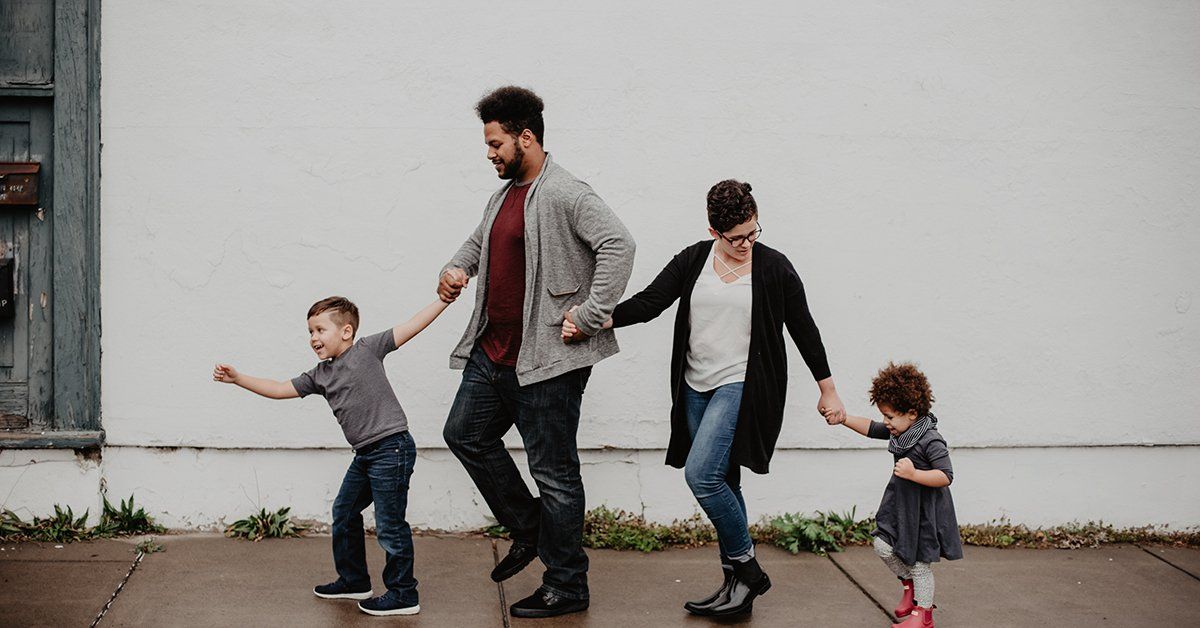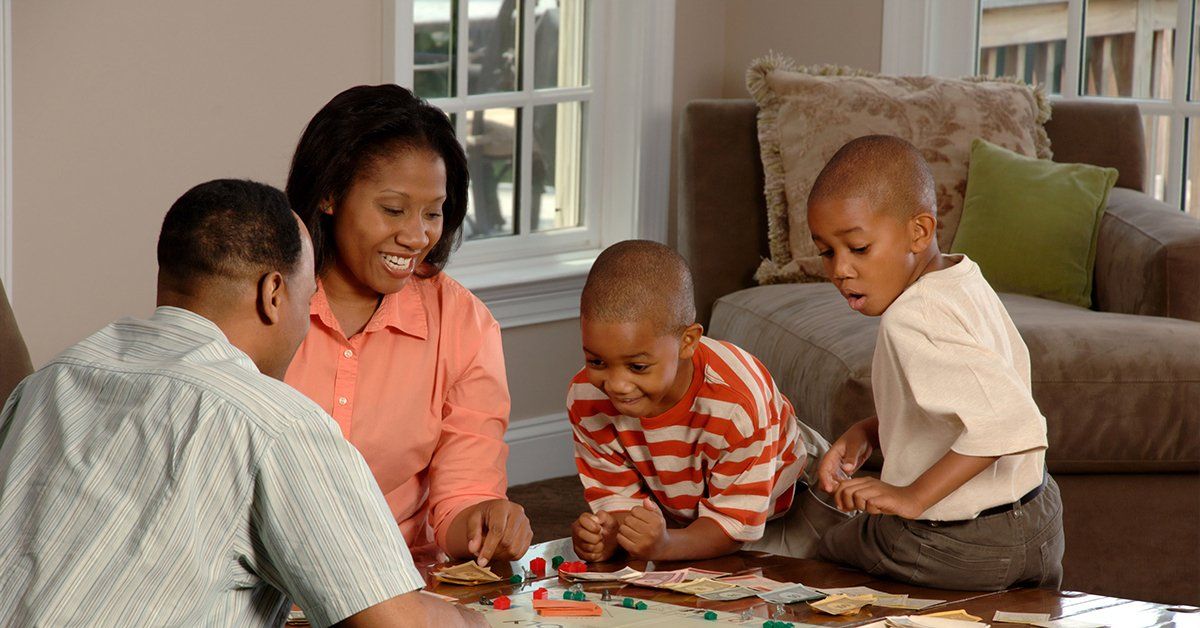Attachment style is a theory that helps explain the way people relate to each other. The way you attach to your parents early in life can impact your relationships for the rest of your life. So, is your attachment style helping or hurting your relationship?
Attachment styles describe different ways that people interact with others and what that might do to a relationship. Three main attachment styles include anxious, avoidant, and secure. There are other styles, but for now, we will stick to the main three.
In this article, we will talk about the three different types of attachment styles. We will also talk about how attachment styles affect relationships. Learning about and understanding your attachment style may help you be more aware of why you do certain things in relationships.
3 Main Attachment Styles of Relationships
Did you know the way you attach to your parents early in life will impact your relationships later on? In fact, your attachment style is likely to determine how you parent your children. Attachment theory includes more than three attachment styles. However, we will focus on the three main styles, avoidant, anxious, and secure attachment. So, what does each style look like?
Avoidant
First, people with an avoidant attachment style tend to avoid relationships. Likewise, they may avoid certain emotions and keep themselves from becoming emotionally attached. Furthermore, they often are wary of a connection where someone would rely on them, or they would depend on others. They are often afraid of being hurt and want to protect themselves.
Avoidant-type people tend to distance themself in their relationships. They do this to avoid being vulnerable or to steer clear of emotions. Often, they have experienced some emotional pain in a past relationship, such as in a parent-child relationship.
Anxious
Next, one with an anxious attachment style has high anxiety around relationships. For example, an anxiously attached person is often preoccupied with worry about how their partner perceives them. They often tend to overanalyze their relationships. For example, they may worry about being too involved or not enough for their partner. They may have high expectations and experience great disappointments when expectations aren't met.
Secure
Lastly is the secure attachment style. This is the healthiest of the three. A securely attached person is comfortable and safe with their partner. They are generally happier and more satisfied within their relationships. For example, they often feel confident that they are loved and do not feel threatened.
Regardless of your type now, it doesn't have to remain that way. You can work towards having a secure attachment.
How Does Attachment Style Affect My Relationships?
Recognizing your attachment style may help you address issues within your relationships. Let's discuss how each style influences interactions with others.
An avoidant attachment could cause you to avoid close relationships altogether. If you do commit, you're likely to do so with great hesitation. As such, it can be hard for you to get your needs met because you might view your partner as someone who could hurt you. Likewise, you may avoid getting close to protect yourself. You might sabotage or end relationships to avoid getting hurt.
Next, if you have an anxious attachment style, you may cling to your partner or fear that they are going to disappoint you. In an effort to relieve your anxiety, you may manipulate to try to get attention. Or, you may try to make your partner jealous or withdraw. Unfortunately, your anxiousness may drive your partner away.
The attachment style that provides the most peace of mind is a secure attachment style. For example, you're more likely to have a healthy self-image and approach relationships with confidence. Likewise, you tend to respectfully communicate your needs, and you can fulfill your partner's needs too. When issues arise, you're able to address them rather than avoid or over analyze them. Those with secure attachments are often the happiest and most satisfied in their relationships.
If you're feeling stuck in your relationships, your attachment style may have something to do with it. At Counseling Alliance, we understand the many aspects of life that can interfere with a secure attachment. We'd love to see how we can help. Call us today!
NAVIGATION
REACH US
WE ARE ENDORSED BY
All Rights Reserved | Counseling Alliance



